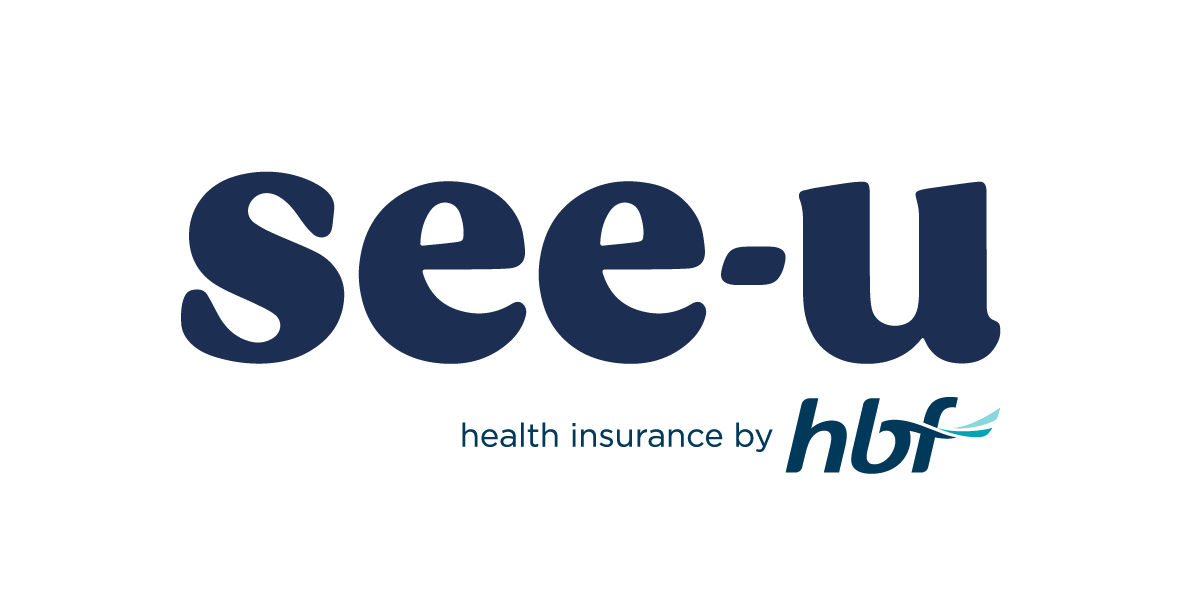

Agree
Thanks
Exercise Physiologist
Generally, yes it is safe.
Exercise is very effective at reducing blood pressure, with 30 minutes of moderate intensity exercise (eg walking) 5 days a week being the minimum recommendation, as well as 2 days of resistance (weights) training. This has been shown to reduce systolic BP by 7mmHg (over time).
You could start with walking, swimming or cycling and aim to build up to 30 mins per day, then keep building up towards an hour. A good rule of thumb is to add 10%
Current recommendations recommend ceasing exercise if systolic BP rises to >250mmHg or systolic BP to >115mmHg (Exercise and Sports Science Australia).
Exercise should always be followed by a warm down, as this prevents a rapid decrease in blood pressure post exercise, and possible dizziness or shortness of breath. Several minutes of easier intensity exercise should gradually bring the heart rate and blood pressure down.
You should definitely stop exercising and seek medical attention if you experience chest pain during exercise, regardless of whether you have high blood pressure or not.
As always, this is general advice and you should always check with an Accredited Exercise Physiologist before commencing any exercise program.
You must be a HealthShare member to report this post. to your account or now (it's free).
Occupational Therapist (OT)
As Stuart posted, there are general guidelines where exercise is not indicated for high blood pressure, but in most cases it is not only indicated it can be significant in reducing high blood pressure. I have worked in cardiac rehabilitation for 20 years and have seen many positive responses to exercise whereby people reduced their blood pressure. One of my personal experiences is one my clients undertook small group training for 9 weeks in preparation for a holiday in addition to her attendance at my aqua aerobics classes. She showed a great response to the exercise and was able to reduce her blood pressure medication by half as a result.
If you are looking to use exercise as a treatment modality, you should remember that it is a lifestyle change and not a short term fix. Exercise should become part of your everyday activities. Building you exercise tolerance and increasing the intensity will help to obtain the response you are after - see a professional for the best way to do this.
If you are not accustomed to exercise, undertake an exercise activity you think you will enjoy. The best way to quit early is to do something you don't like and is not easily built into your daily routine. There are many options available (although that depends on where you live) but give some thought to what would suit you and how you can make it part of your day.
Also, you can break it into smaller components 2 x 20min rather than 40 in one hit.
You might like to do different things to keep interested: walk in the morning and do some resistance training in the afternoon on some days and aqua aerobics on another.
Hope this helps
Tina
You must be a HealthShare member to report this post. to your account or now (it's free).